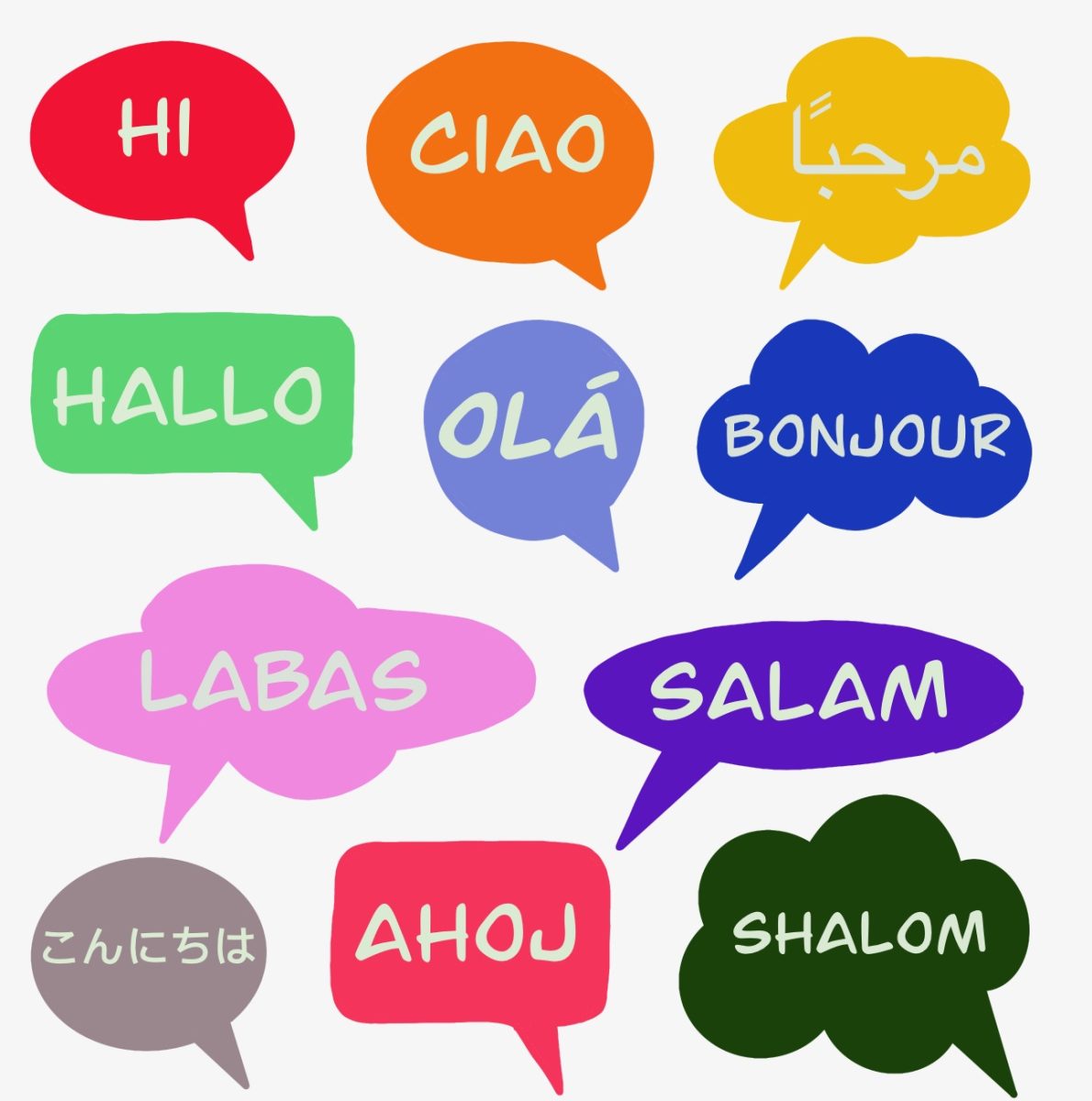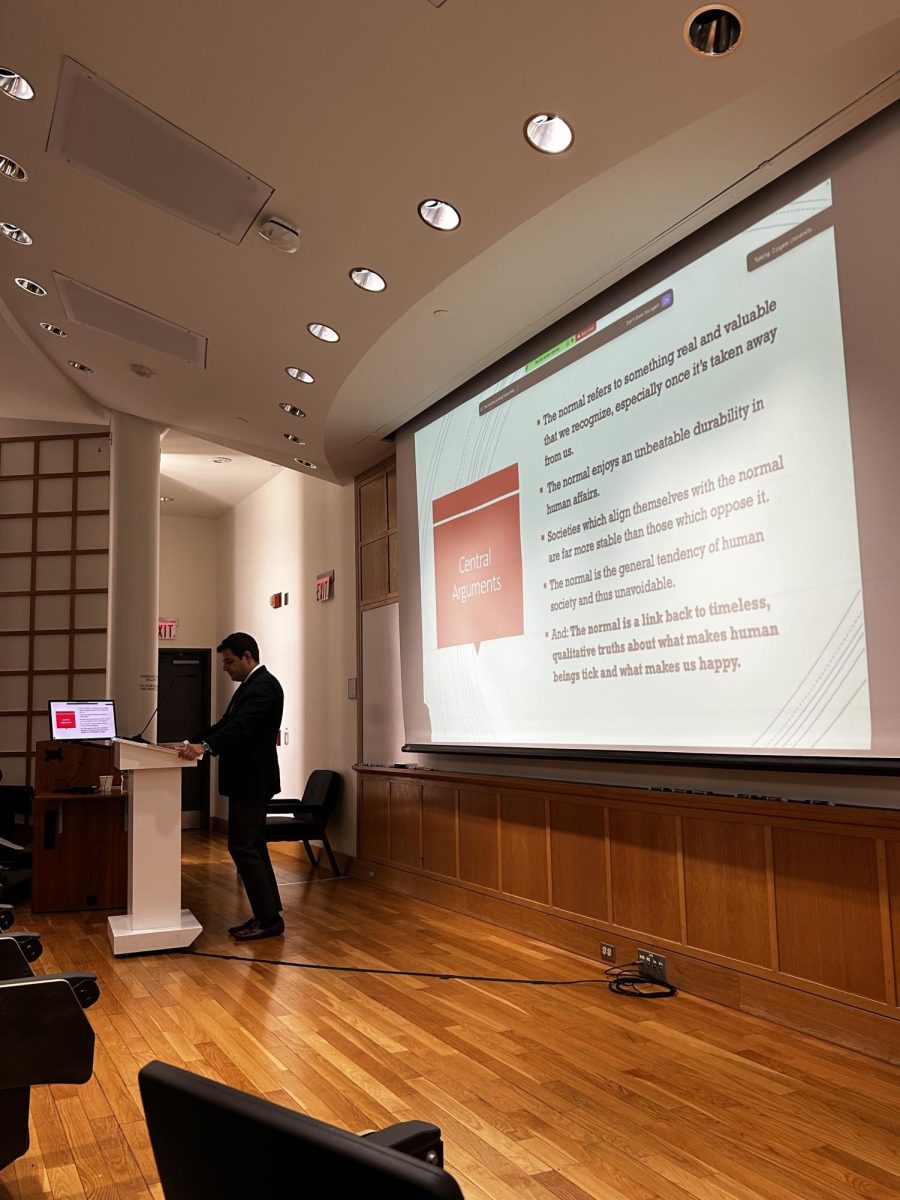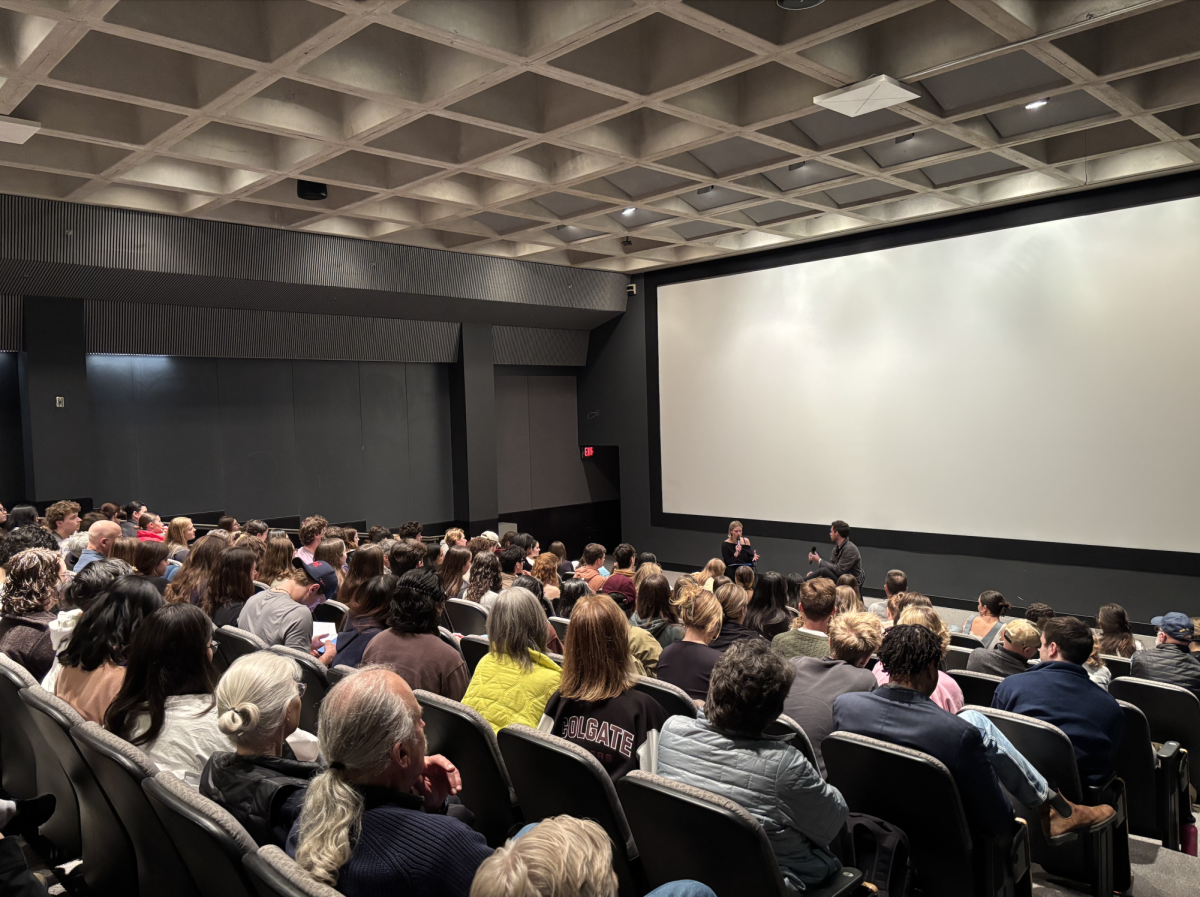Colgate University’s liberal arts core curriculum differs yearly with modifications made to the requirements for each entering class. Though they all keep a similar base, some changes are more profound. The recent change from Challenges of Modernity and Legacies of the Ancient World (one of the two required for the Class of 2026) into Core Conversations is a notable change. But perhaps more important, and also more disdained, is the language requirement for the Class of 2027. While Colgate maintains a foreign language requirement, the previous class years could have had this filled through a variety of means. I myself, as a member of the Class of 2026, had already fulfilled this requirement from taking five years of Spanish in middle and high school. The Class of 2027, however, is required to take at least one foreign language course at Colgate (in addition to the forestanding requirements). While this is a burden for some, I will argue this is important and should even be expanded.
Language, and the study of it as a whole, is an invaluable discipline that I believe can truly only benefit its students. For instance, learning additional languages allows for a more masterful grasp on your own language. Excluding the reality of new language, I strongly believe language learning improves your knowledge of grammar and syntax in English, expands your vocabulary in English and even protects you from neurological diseases for longer and increases white matter in the brain, according to Cambridge University Press and Assessment. So, therefore, learning a new language can literally lengthen your life.
Focusing on language itself, learning one expands the number of people you can understand in the world. While this may seem like a given, around two billion people speak English either natively or as a second language. While this is a larger number, I want to highlight the fact that this means you can only communicate with 20 percent of the world — only a fifth! This means you can never directly hear what the other 80 percent of the population feels, thinks and believes. Isn’t it a little odd to realize you can only ever know what a fifth of the people in the world could say, express or believe?
Now, the argument may be made that this is wholly unnecessary due to translation, but many could tell you how difficult translation truly is. I, myself, believe, as I wrote in my college admission essay, that language translation is truly impossible. Sure, you can express the gist of walking to the cinema, what you had for breakfast or how you feel in a language you’ve studied, but a seasoned speaker will see that it truly is a struggle, and thus an art, to translate something. There are linguistic voices and cases that don’t exist in English, words that cannot translate clearly at all or diluted meanings that English struggles to encapsulate with one of its words. The phrase “lost in translation” is, really, true to its word.
Now, what does this have to do with Colgate, and why should you care? While future students and current first-years may lament a language requirement, I see it as necessary to the liberal arts core curriculum. My primary argument would focus on the fact that “liberal arts” traces its study to the philology of the classics. While I don’t think every student still wants to take Greek and Latin courses, the languages have provided immense amounts of literature to amenable fields of study. Furthermore, aside from the classical languages, modern romance languages make up a large share of spoken language in the world, according to Britannica. Spanish, for example, is the second-most spoken language in the United States, and one of the widest spoken languages in the world, per the World Economic Forum. Even French stands to be beneficial, with France 24 projections claiming that it will be the most-widely spoken native language by 2050, surpassing both English and Mandarin Chinese in the number of native speakers.
While English may remain a lingua franca, there is immutable value in connecting with someone using their own language. Even less commonly spoken languages stand to grant their speakers with a richer and deeper understanding of the world and themselves. Maybe your Introduction to Russian class is a painfully hard one to attend, but consider how much more intimately you could see the world when you can understand “Crime and Punishment” or “The Brothers Karamazov” in their purest form. The same goes for learning biblical Greek or modern Hebrew to understand the deeper meaning of the Bible or Torah — both taught here at Colgate.
Ultimately, language stands to benefit any learner, from the proficient to the novice, in every aspect of their life. I have seen people become overjoyed when I greet them in rudimentary Spanish, felt unbridled hospitality when I’ve strung together a basic phrase in Italian and grown a deeper connection with a friend from Austria who learned I was studying German. Language stands to benefit you as a person, as learning a language is simply learning to understand people. Too many ills in the world come from miscommunication or misunderstanding, or even the total lack of either. Any language is a language of love, and any language can serve to make everyone in the world more understanding of each other. While, ultimately, it may be a pain to memorize vocabulary or grammar, remember that you’re not just learning to spell the word for “hello”: you’re learning how to truly communicate it.
















